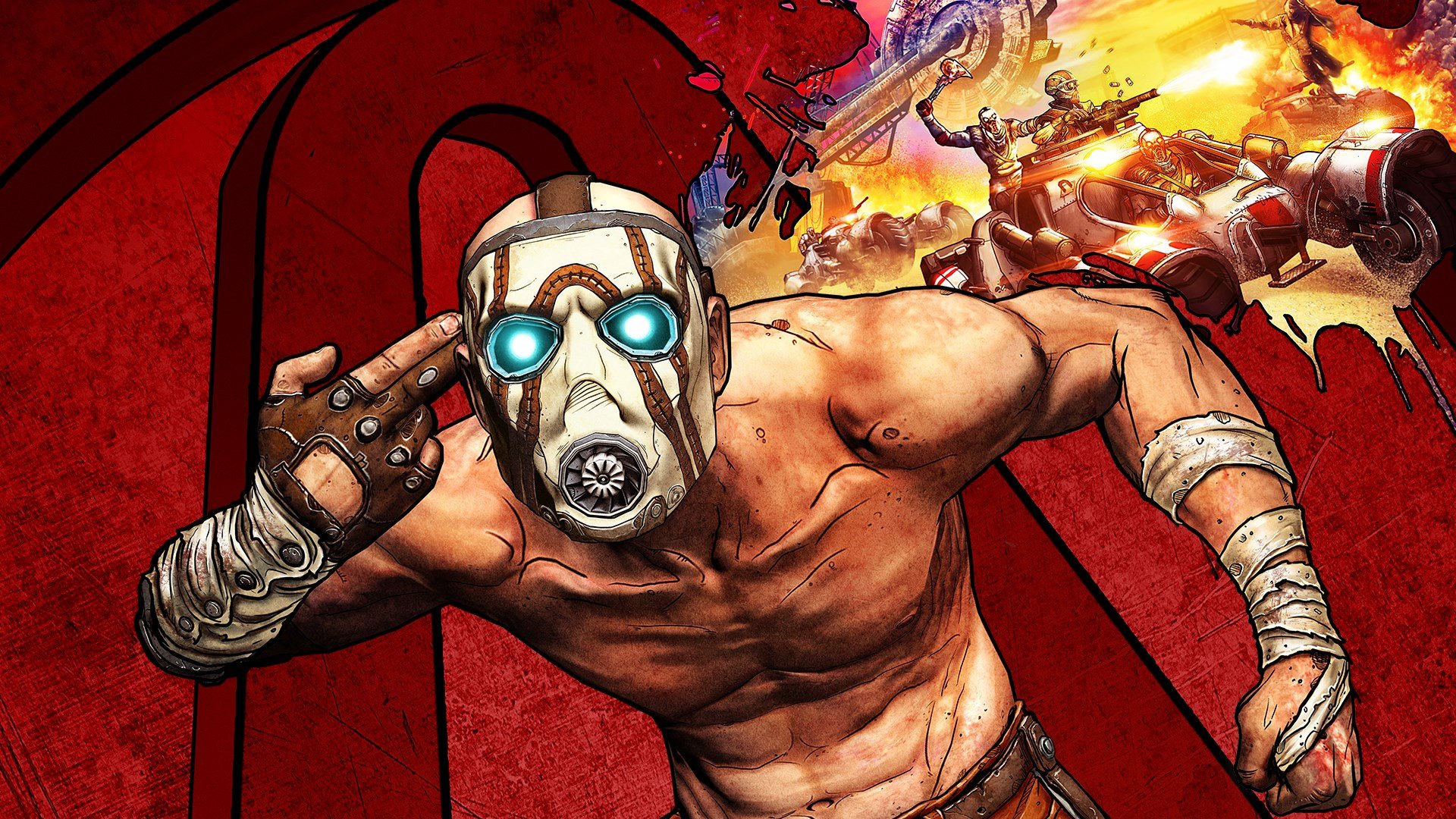
Summary:
Embracer Group’s recent announcement of the sale of Gearbox Entertainment to Take-Two Interactive for $460 million USD has sent shockwaves through the gaming industry.
This move, just over three years after Embracer’s initial acquisition of Gearbox, signifies a significant strategic shift. The deal includes the transfer of Gearbox’s development studios and franchise rights, while Embracer retains the publishing arm and certain assets. Fallout from a failed $2 billion investment has influenced Embracer’s decisions, leading to studio closures and project cancellations. The future integration of retained studios and the fate of popular franchises like Borderlands are subjects of speculation. This sale marks a pivotal moment in the gaming landscape, with far-reaching implications for both companies involved and gamers worldwide.
Surprising Sale of Gearbox
Embracer Group, a prominent player in the gaming industry, recently made headlines with its unexpected decision to sell Gearbox Entertainment to Take-Two Interactive. This move, which comes just over three years after Embracer’s initial acquisition of Gearbox, has sparked widespread discussion and speculation within the gaming community. Let’s delve deeper into the background of this transaction and its implications for the gaming industry as a whole.
In February 2021, Embracer Group made waves with its acquisition of Gearbox Entertainment for approximately $1.3 billion. This acquisition included not only Gearbox’s renowned development studios but also the rights to beloved gaming franchises such as Borderlands, Tiny Tina, Homeworld, and Duke Nukem. However, fast forward to the present, and Embracer has surprised many by deciding to part ways with Gearbox.
Strategic Implications
The sale of Gearbox Entertainment to Take-Two Interactive represents a strategic move by both companies. For Take-Two, acquiring Gearbox and its valuable franchises presents an opportunity to expand its portfolio and strengthen its position in the gaming market. On the other hand, Embracer’s decision to sell off Gearbox may signal a shift in focus or strategic realignment within the company.
Retention and Integration
Interestingly, while Embracer Group has decided to sell off Gearbox Entertainment, it has opted to retain the company’s publishing arm, which includes titles like Remnant 2 and the upcoming Hyper Light Breaker. Additionally, Embracer will hold onto the rights for Neverwinter Online and Star Trek Online, both MMO titles, along with Lost Boys Interactive and Captured Dimensions. These retained assets will be integrated into other parts of Embracer Group in the near future, indicating a strategic restructuring within the organization.
Fallout from Failed Investment
Reports suggest that Embracer Group’s decision to sell Gearbox may be linked to the fallout from a failed $2 billion investment from outside investors. This investment, which did not materialize as expected, likely prompted Embracer to reassess its priorities and make strategic decisions regarding its assets. The closure of Saints Row developer Volition and the cancellation of numerous unannounced games further highlight the impact of this failed investment on Embracer’s operations.
Future Prospects
Looking ahead, the future of Gearbox’s franchises and ongoing projects remains uncertain. With Take-Two Interactive now at the helm, fans eagerly await news regarding the direction of beloved series such as Borderlands and Tiny Tina. Additionally, the integration of retained studios and assets into Embracer Group’s ecosystem will undoubtedly shape the company’s trajectory in the coming years. Overall, this sale marks a significant milestone in the gaming industry, with implications that extend far beyond the immediate transaction.
Conclusion
In conclusion, Embracer Group’s sale of Gearbox Entertainment to Take-Two Interactive represents a strategic shift in the gaming industry landscape. This unexpected move, influenced by factors such as failed investments and strategic realignment, has sparked speculation and discussion within the gaming community. As the dust settles, the industry watches closely to see how this transaction will shape the future of beloved franchises and the companies involved.
FAQs
- Q: Why did Embracer Group decide to sell Gearbox Entertainment?
- A: Embracer Group’s decision to sell Gearbox Entertainment may be linked to the fallout from a failed $2 billion investment from outside investors. This failed investment likely prompted Embracer to reassess its priorities and make strategic decisions regarding its assets.
- Q: What will happen to Gearbox’s development studios and franchise rights after the sale?
- A: After the sale, Gearbox’s development studios and franchise rights will transfer to Take-Two Interactive. This includes popular franchises such as Borderlands, Tiny Tina, Homeworld, and Duke Nukem.
- Q: What assets will Embracer Group retain after selling Gearbox Entertainment?
- A: Embracer Group will retain Gearbox’s publishing arm, which includes titles like Remnant 2 and the upcoming Hyper Light Breaker. Additionally, Embracer will hold onto the rights for Neverwinter Online and Star Trek Online, along with Lost Boys Interactive and Captured Dimensions.
- Q: How will the sale of Gearbox Entertainment impact ongoing projects and future plans?
- A: The sale of Gearbox Entertainment may impact ongoing projects and future plans, as Take-Two Interactive takes control of the company’s development studios and franchises. The integration of retained assets into Embracer Group’s ecosystem may also lead to strategic shifts and restructuring within the organization.
- Q: What are the implications of this sale for the gaming industry as a whole?
- A: The sale of Gearbox Entertainment to Take-Two Interactive marks a significant milestone in the gaming industry, with implications for both companies involved and gamers worldwide. This strategic shift underscores the dynamic nature of the industry and the need for companies to adapt to changing market conditions.













